
How an IFRS Certificate Boosts Careers through an Online IFRS Certification Course
International standards have become essential for accounting and finance professionals because modern business operations now reach global markets....
Read moreCourse Objective
For financial professionals operating or planning to work in an environment that requires accounting and reporting using IFRS, a diploma in IFRS is beneficial. The Diploma IFRS programme helps professionals get ready for work in an IFRS environment by expanding a person's knowledge of IFRS, giving them an understanding of the concepts and principles that underpin them and their application in the global economy. The International Accounting Standards Board's (IASB) International Financial Reporting Standards (IFRS) are quickly becoming the standard for the accounting industry.
Prerequisites
Target Audience
Training Outcomes
This course is in accordance with the course outline for the ACCA Dip-IFR test and is based on the IFRS syllabus recommended by the ACCA (Association of Certified Chartered Accountants).
In order to prepare financial statements for entities, including consolidated financial statements, participants are expected to acquire knowledge, skills, and an understanding of international financial reporting standards.
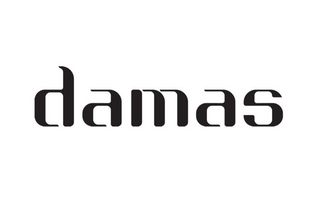
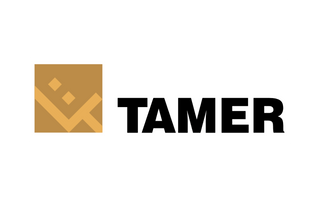
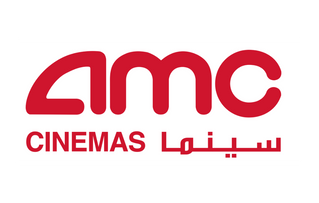

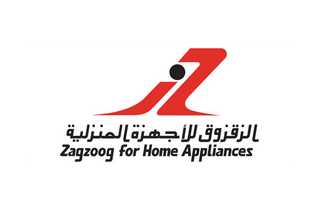

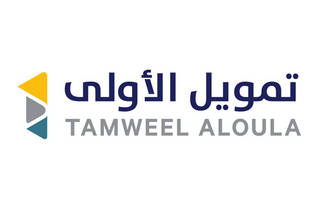
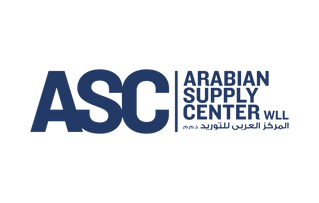
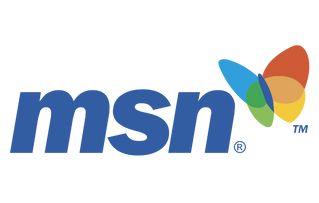

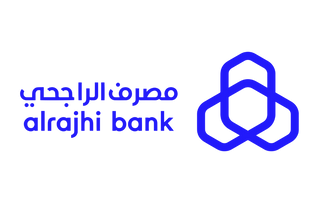

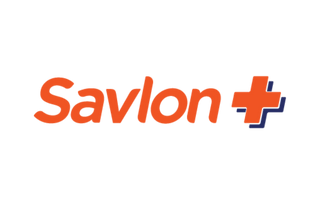
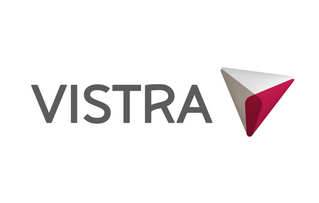
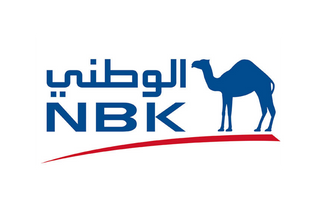
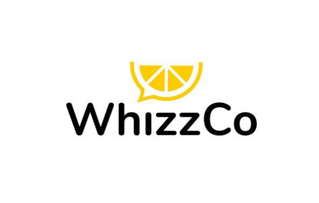
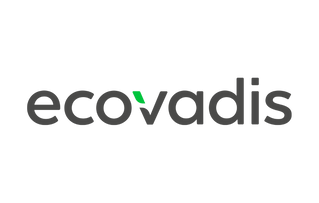

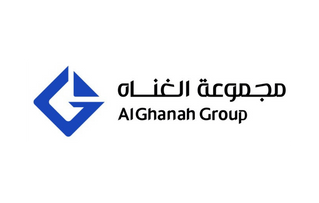
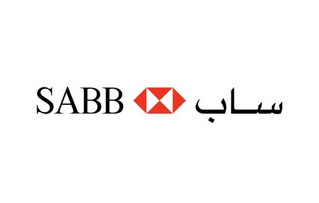
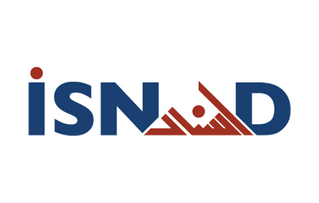
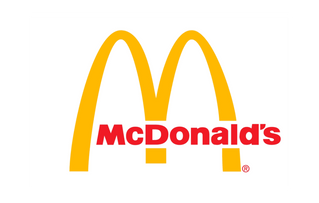
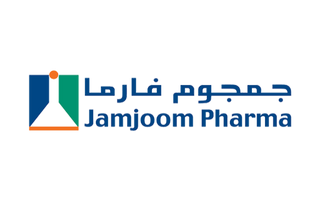
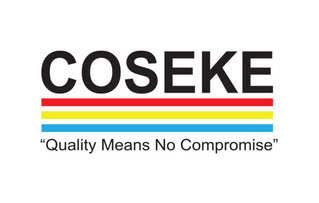


The scope of the specific distinctions between IFRS and GAAP has been decreasing as a result of ongoing convergence projects between the IASB and the FASB. But, there are still some important variances, and depending on the sector a firm operates in as well as specific facts and circumstances, any one of these could lead to considerably different reported results. For instance, IFRS prohibits Last In, First Out (LIFO).
Why IFRS requires capitalization of development expenditures after specific qualifying criteria are met, whereas U.S. GAAP uses a two-step procedure for impairment write-downs, increasing the likelihood of write-downs. U.S. GAAP normally requires development costs to be written off as they are incurred, with the exception of costs associated with the creation of computer software, which must be capitalized after certain conditions are met.
Accounting professionals and CAs are eligible to apply for Diploma in the IFRS course. A relevant degree with two years of work experience in the accounting field.
International standards have become essential for accounting and finance professionals because modern business operations now reach global markets....
Read moreA Certified Management Accountant (CMA) is a globally recognized finance professional who specializes in financial management and strategic plannin...
Read more
